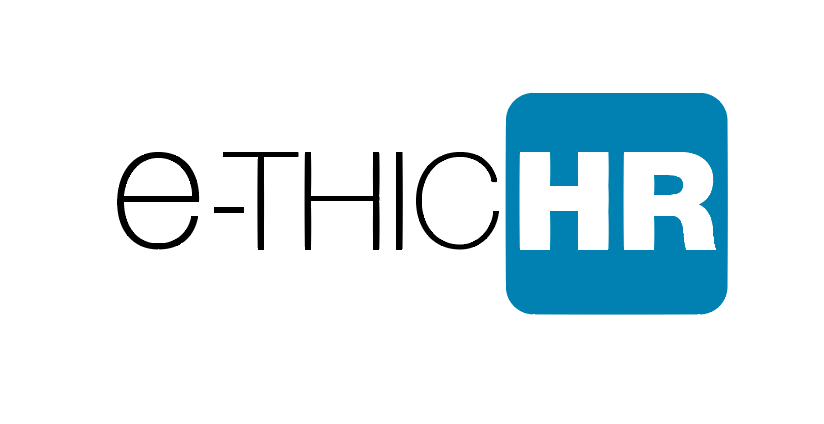Today, CHROs are standing at essentially the same crossroads that CFOs were, beginning in the 1980’s. At this time, CFOs were squarely focused on accounting, controls, and preparing financial and tax statements.Today CFOs has become the CEO’s closest partner in driving strategy — and increasingly a candidate for the top job. How did this happen and what can be gleaned from it to inform the transformation of the CHRO?
The realm of the CEO and how it’s changed
« As growth became a competitive imperative, business leaders began seeing the firm as a system of investment rather than a system of production. Financial capital was recognized as the scarce resource and its shortage a significant constraint on growth. At the same time, alternative approaches to accessing capital and funding projects proliferated, forcing financial decision-making to become increasingly sophisticated. Those conditions elevated the work of the finance function to the point that, today, the CFO helps to set the course of business, advancing an organization’s growth and improving its competitive position by identifying and resolving key financial constraints. This transformation took time to play out », wrote Cathy Benko, Vice Chairman and Managing Principal at Deloitte together with Erica Volini, U.S. HR Transformation leader in Deloitte Consulting in a latest blog article published in the Harvard Business Blog.
Comparison to the context and condition of today’s CHRO role
« These days, the scarcity impeding firms’ growth is not of capital — it’s of talent. Nearly 40 percent of the 312 CFOs and other executives participating in Deloitte’s 2013 Global Finance Talent Survey said they are either “barely able” or “unable” to meet the demand for the talent required to run their organizations. And HR’s credibility deficit doesn’t help the matter. A recent survey of CEOs reveals that HR is overwhelmingly viewed as the least agile function. In our own conversations with CFOs we consistently hear that their attempts to work strategically with HR are the most trying. Business leaders concur, with nearly 50 percent reporting that HR is not ready to lead. Even HR itself agrees. In a March 2014 global survey, HR and talent executives graded themselves a C-minus for overall performance, citing a large capability shortfall, with 77 percent of respondents ranking the need to re-skill the HR function among the top quartile of their priorities » they argued.
Nevertheless they disagree to eliminate the Chief Human Resources Officer (CHRO) function by splitting HR responsibilities in two separate directions — administration, led by traditional HR-types, reporting to the CFO; and talent strategy, led by high-potential line managers, reporting to the corner officer – like suggested by Ram Charan* in the July/August issue of HBR.
Do you want to know why Cathy Benko and Erica Volini disagree? Read the full article « What It Will Take To Fix HR »
*Ram Charan is a worldwide business adviser and speaker and the author of 15 books. His most recent isGlobal Tilt (Crown Business, 2013).
